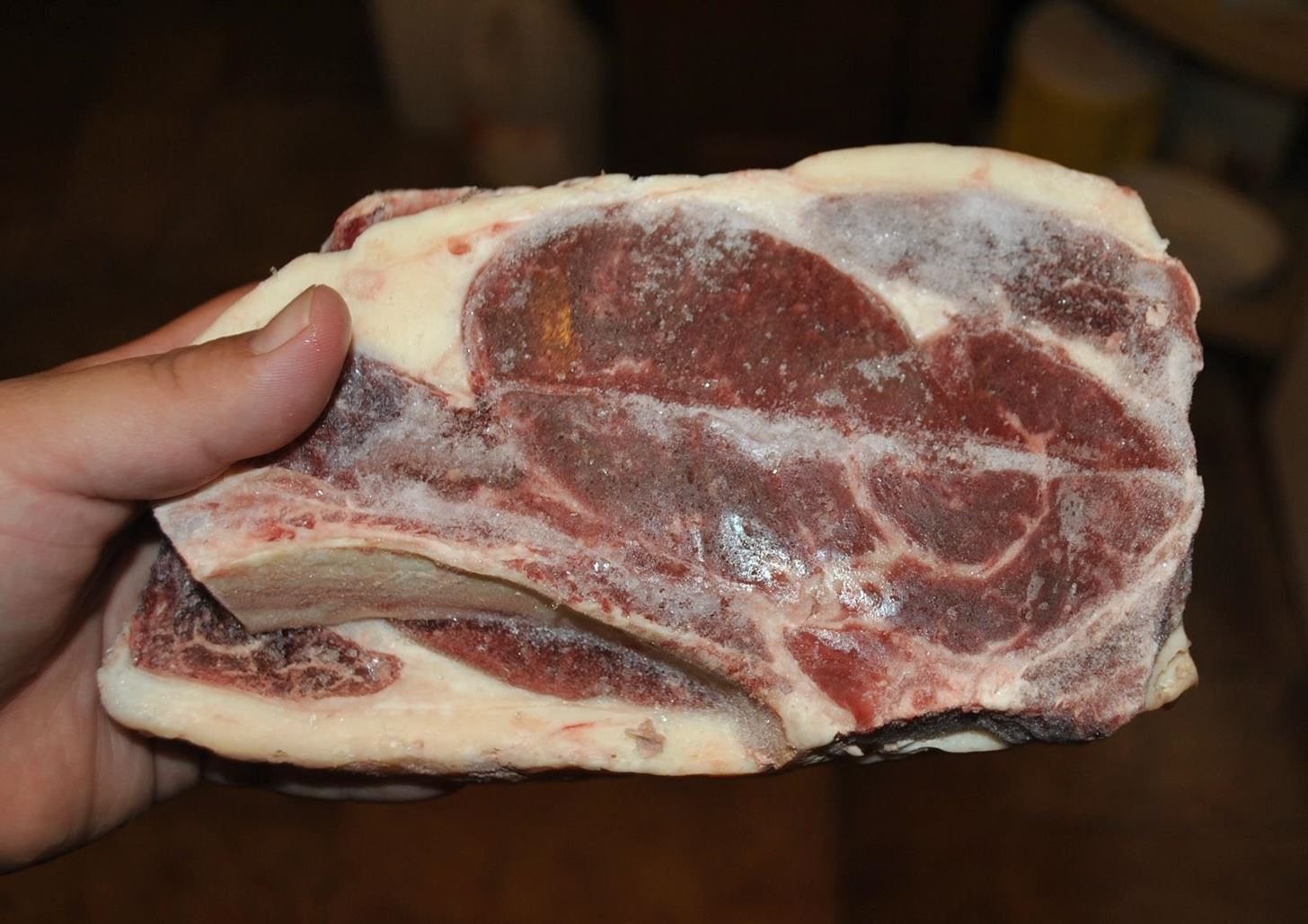
Freezer burn is a common problem that affects frozen food. It occurs when food loses moisture and becomes dry, tough and discolored. Freezer burn can make food unappealing, but is it harmful to your health? Can it cause diarrhea or other digestive issues? In this post, we’ll answer these questions and give you some tips on how to prevent and treat freezer burn.
Freezer burn cannot cause diarrhea. Freezer burn is not a health risk, but a quality issue. It does not affect the safety of frozen food, as long as it was stored properly and cooked thoroughly. Diarrhea is caused by a virus, bacteria or parasite that infects your digestive system.
Freezer burn is caused by two factors: dehydration and oxidation. Dehydration is the loss of water from food due to sublimation, which is the process of ice turning directly into vapor without melting first. Sublimation happens when food is exposed to air and temperature fluctuations in the freezer. As water molecules escape from the food, they form ice crystals on the surface or migrate to the coldest part of the freezer.
Oxidation is the chemical reaction of oxygen with food components, such as fats, proteins and pigments. Oxidation happens when food is exposed to air and light in the freezer. It can cause changes in color, flavor and texture of food.
Freezer burn can affect any type of food, but it’s more noticeable in foods with high water content, such as meat, poultry, fish, fruits and vegetables. Freezer burn can also affect ice cream, causing it to become icy and lose its creaminess.

The best way to prevent freezer burn is to minimize air exposure and temperature fluctuations in the freezer. Here are some tips to follow:

If your food has been affected by freezer burn, you can still eat it safely, as long as it was frozen properly and cooked thoroughly. However, you may not enjoy its taste or texture as much as fresh or non-freezer-burnt food. Here are some ways to deal with freezer burn:

Q: Can freezer burn make you sick?
A: No, freezer burn cannot make you sick. Freezer burn does not affect the safety of frozen food, as long as it was stored properly and cooked thoroughly. Freezer burn only affects the quality of frozen food, such as its texture, flavor and color.
Q: Can freezer burn give you diarrhea?
A: No, freezer burn cannot give you diarrhea. Diarrhea is caused by a virus, bacteria or parasite that infects your digestive system. Freezer burn does not introduce any harmful pathogens into your food that could cause diarrhea.
Q: How do I know if my frozen food is safe to eat?
A: To know if your frozen food is safe to eat, you need to check its appearance, smell and taste. If your frozen food has signs of freezer burn, such as dryness, discoloration or ice crystals, it may not be very appetizing, but it’s still safe to eat. However, if your frozen food has signs of spoilage, such as mold, slime, foul odor or sour taste, it’s not safe to eat and you should discard it.
Freezer burn is a common problem that affects frozen food. It occurs when food loses moisture and becomes dry, tough and discolored. Freezer burn can make food unappealing, but it’s not harmful to your health. It does not affect the safety of frozen food, as long as it was stored properly and cooked thoroughly. Freezer burn cannot cause diarrhea or other digestive issues. To prevent freezer burn, you need to minimize air exposure and temperature fluctuations in the freezer. To treat freezer burn, you can trim off the affected areas, mask the flavor or texture, or use the food for soups, stews or casseroles.
